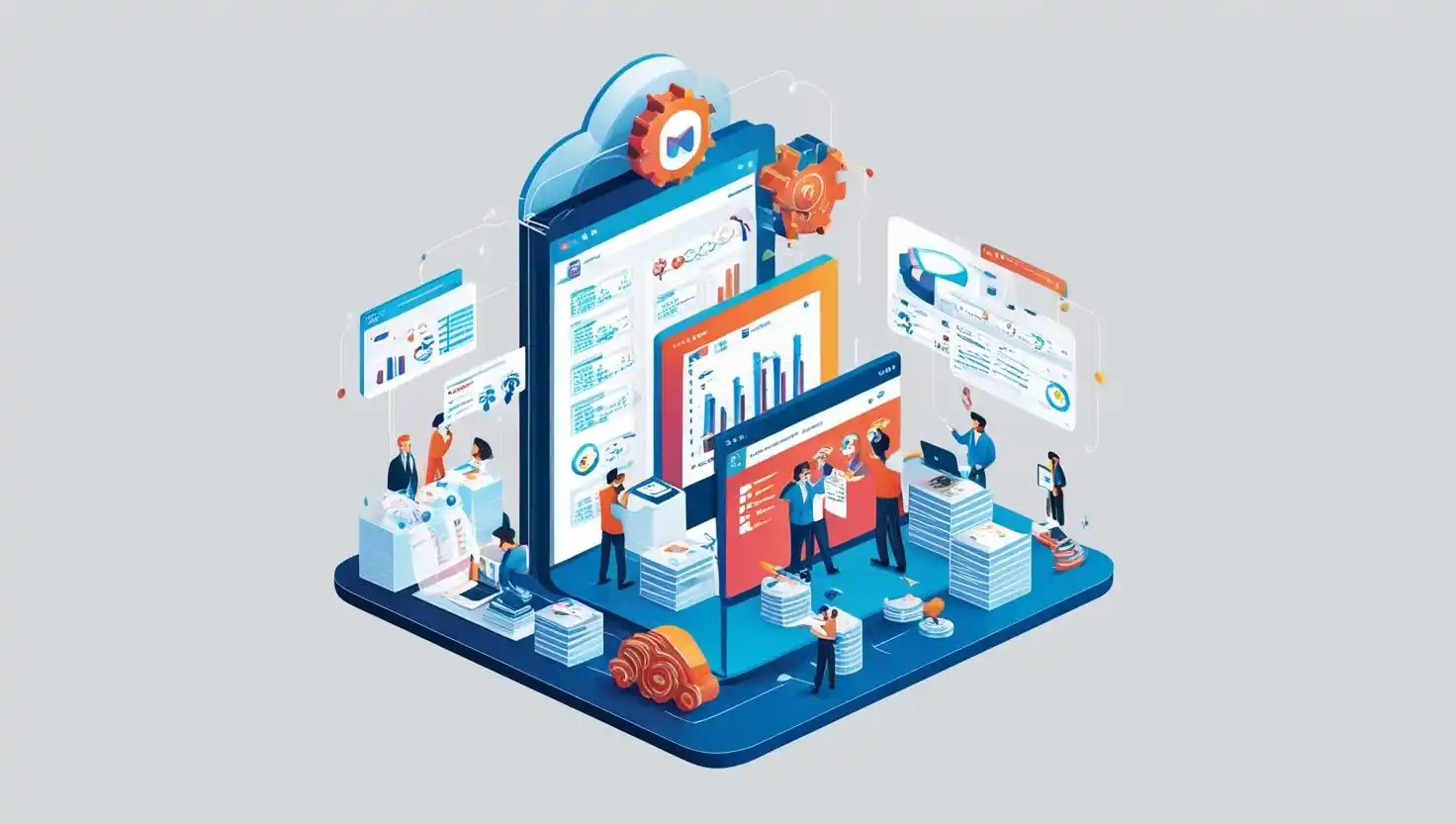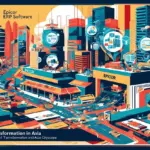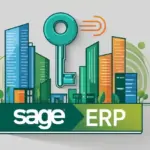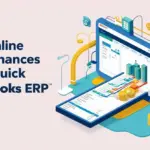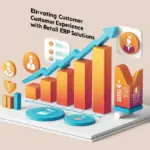In today’s fast-paced business environment, organizations are constantly seeking ways to enhance efficiency and streamline operations. One of the most significant advancements in this realm is the adoption of Cloud Enterprise Resource Planning (ERP) systems. These innovative solutions are revolutionizing how businesses manage their resources, providing a flexible and scalable approach to traditional ERP systems.
What is Enterprise Resource Planning (ERP)?
At its core, Enterprise Resource Planning (ERP) refers to integrated management of core business processes, often in real-time and mediated by software and technology. ERP systems facilitate the flow of information between all business functions inside the organization and manage connections to outside stakeholders.
The Evolution of ERP Systems
Historically, ERP systems were on-premises solutions that required significant investment in hardware and IT infrastructure. However, with the advent of cloud technology, businesses can now access ERP solutions over the internet, eliminating the need for extensive physical infrastructure and allowing for greater flexibility.
Understanding Cloud Computing
Cloud computing is a technology that allows users to access and store data and applications on remote servers rather than on local computers. This shift has transformed how businesses operate, enabling them to leverage powerful computing resources without the burden of managing physical servers.
Benefits of Cloud Computing
The benefits of cloud computing are manifold, including reduced costs, enhanced collaboration, and improved scalability. By utilizing cloud services, businesses can focus on their core operations rather than IT management, leading to increased productivity and efficiency.
The Intersection of Cloud and ERP
The integration of cloud computing with ERP systems has created a new paradigm for business management. Cloud ERP combines the functionalities of traditional ERP with the advantages of cloud technology, resulting in a more agile and responsive business environment.
How Cloud ERP Works
Cloud ERP systems operate on a subscription basis, allowing businesses to pay for what they use. This model not only reduces upfront costs but also provides access to the latest software updates and features without the need for manual installations.
Key Features of Cloud ERP
Some of the standout features of cloud ERP include:
- Real-time data access: Users can access data from anywhere, facilitating informed decision-making.
- Automated updates: Cloud ERP providers regularly update their software, ensuring users benefit from the latest features and security enhancements.
- Customizable dashboards: Businesses can tailor their dashboards to display the most relevant metrics and KPIs.
Advantages of Cloud ERP
Cost Efficiency
One of the most compelling reasons to adopt cloud ERP is cost efficiency. Traditional ERP systems often require substantial upfront investments in hardware and software. In contrast, cloud ERP operates on a pay-as-you-go model, allowing businesses to allocate resources more effectively.
Scalability and Flexibility
Cloud ERP systems are inherently scalable, meaning businesses can easily adjust their usage based on current needs. Whether a company is expanding or downsizing, cloud ERP can accommodate these changes without significant disruptions.
Accessibility and Collaboration
With cloud ERP, teams can collaborate seamlessly, regardless of their physical location. This accessibility fosters a more connected workforce, enabling real-time communication and collaboration on projects.
Challenges of Implementing Cloud ERP
Despite the numerous advantages, implementing cloud ERP is not without its challenges.
Data Security Concerns
Data security remains a primary concern for businesses considering cloud ERP. Organizations must ensure that their chosen provider has robust security measures in place to protect sensitive information.
Integration with Existing Systems
Integrating cloud ERP with existing systems can pose challenges, particularly for businesses with legacy software. A thorough assessment of current systems and careful planning are essential to ensure a smooth transition.
Choosing the Right Cloud ERP Solution
When selecting a cloud ERP solution, businesses should consider several factors:
- Vendor reputation: Research the provider’s track record and customer reviews.
- Customization options: Ensure the solution can be tailored to meet specific business needs.
- Support and training: Evaluate the level of support and training offered by the vendor.
Future Trends in Cloud ERP
As technology continues to evolve, so too will cloud ERP systems. Emerging trends include the integration of artificial intelligence (AI) and machine learning, which can enhance data analysis and decision-making processes.
Conclusion
In conclusion, Cloud Enterprise Resource Planning represents a significant advancement in how businesses manage their resources. By leveraging the benefits of cloud technology, organizations can achieve greater efficiency, flexibility, and collaboration. While challenges exist, the potential rewards make cloud ERP an attractive option for businesses looking to thrive in a competitive landscape. As we move forward, embracing these innovative solutions will be crucial for sustained success.
